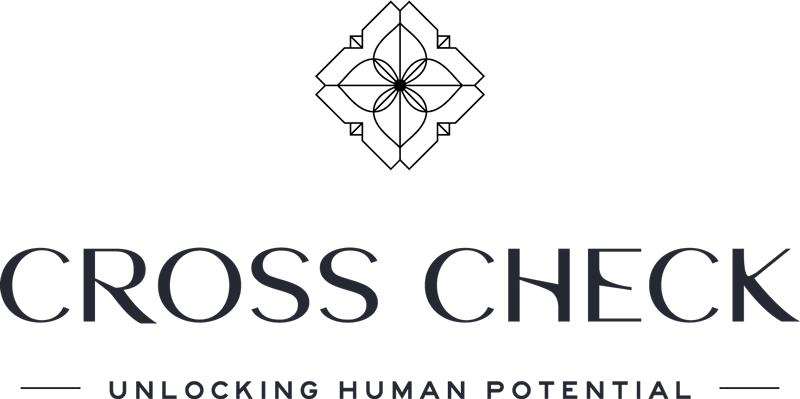The DISC model is widely known for assessing personalities, but its true potential goes far beyond typical profiling. Here are 10 innovative ways to use DISC to elevate your communication and achieve success, both professionally and personally.
- Tailor Sales Strategies Sales is all about understanding your customer’s needs. By recognising a client’s DISC style, you can tailor your approach. For example, Dominant (D) customers appreciate quick results and clear action steps, while Conscientious (C) buyers prefer thorough details and logical decision-making. Adjusting your strategy based on their DISC profile ensures a more compelling pitch.
- Enhance Customer Service Exceptional customer service is built on personalization. Knowing a customer’s DISC style allows you to customise your responses. An Influencing (I) customer may respond best to a friendly, energetic interaction, while a Steady (S) customer values patience and empathy. This adaptability leads to better customer satisfaction and loyalty.
- Conflict Resolution The DISC model is a powerful tool for conflict resolution. Understanding how different DISC styles approach disagreement helps resolve issues more effectively. A Dominant (D) individual prefers direct and fast solutions, while a Steady (S) person may need reassurance and time to process before resolving. DISC allows you to manage conflicts with empathy and precision.
- Optimise Team Dynamics Creating a well-rounded team involves leveraging the strengths of various DISC styles. A Dominant (D) member is great for leadership and decision-making, while an Influencing (I) member drives creativity and engagement. A Steady (S) personality fosters team harmony and a Conscientious (C) member ensures attention to detail. Balancing these styles within a team optimises collaboration and productivity.
- Leadership Development Leadership isn’t one-size-fits-all. Using DISC in leadership coaching helps leaders understand how their style impacts their team. A D-style leader may need to work on listening and patience, while an I-style leader might focus on follow-through and task completion. Customising leadership development to a person’s DISC profile helps create more effective, adaptive leaders.
- Time Management Each DISC type has unique time management needs. Dominant (D) individuals often thrive with goal-oriented time blocks that focus on achieving quick wins, while Steady (S) types prefer consistent routines and collaboration time. By adjusting your time management practices to align with your DISC style, you can improve productivity and reduce stress.
- Negotiation Tactics Negotiation strategies become more effective when tailored to the DISC model. A Dominant (D) negotiator responds well to assertiveness and clear, win-win solutions. In contrast, a Conscientious (C) individual will value facts, figures, and logical reasoning. Knowing your counterpart’s DISC style allows you to negotiate in a way that resonates with them, increasing your chances of success.
- Improving Presentations Presentations can be a make-or-break moment, especially in professional settings. Tailoring your presentation style to your audience’s DISC profile makes it more impactful. A D-type appreciates a fast-paced, results-oriented approach, while an I-type loves high energy and engagement. Meanwhile, S-types prefer stability and practical insights, and C-types need structured, detailed information. Adjusting your presentation for each audience makes your message more compelling.
- Onboarding and Training Employee training isn’t a one-size-fits-all process. Using DISC to tailor onboarding and training materials ensures that everyone receives information in a way that resonates with them. For instance, Influencing (I) individuals thrive in interactive, group-based learning, while Conscientious (C) individuals prefer detailed, self-paced materials. This personalization accelerates the learning curve and increases engagement.
- Family and Personal Relationships DISC isn’t just for the workplace—it can transform personal relationships too. Understanding your family’s DISC styles helps you communicate more effectively. For example, a Dominant (D) family member might appreciate direct, solution-focused conversations, while a Steady (S) partner might value listening and emotional support. DISC can foster harmony and reduce misunderstandings at home.
These creative applications of the DISC model enhance communication, foster collaboration, and improve both professional and personal well-being. By applying DISC strategically, you can unlock higher levels of success across all areas of life.
📞 Call: 02 8883 1477
✉ Email: contact@crosscheck.com.au
🌐 Visit: crosscheck.com.au
Let’s unlock your potential together!







